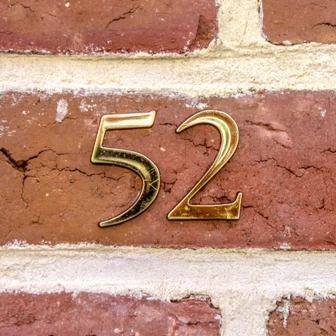Avoid Blanket ABNs
Question: Our receptionist asks Medicare patients to sign ABNs for almost every service, whether or not we expect to collect. Is this an appropriate use of the form? And if not, when should we use an ABN? Codify Subscriber Answer: Although some practices do give patients ABNs for the majority of their services to cover them "just in case" Medicare denies the service, that constitutes an inappropriate use of the form. "Providers and suppliers must be sure that there is a reasonable basis for noncoverage associated with the issuance of each ABN," CMS says in its publication, "Advance Beneficiary Notice of Noncoverage." In reality, the first step to ABN usage is knowing when you should have the patient sign one, and when you shouldn't. A practice is not required to have a signed ABN for services that are never covered by Medicare. However, for those services that are normally a covered benefit but may not be covered due to medical necessity, frequency, etc., a signed ABN is required to obtain reimbursement from the beneficiary. You must issue the ABN when: Although not required, some experts do also recommend getting an ABN even when you know Medicare statutorily doesn't cover a particular service because it engenders patient good will. This way, you notify the patient up-front that she will be responsible for a charge and how much she'll expect to pay, ensuring that everyone is on the same page financially. ABNs used for non-covered services provide the documented proof that the patient made an informed choice to proceed with the service. You are also required to provide the patient with a copy of the ABN and the office should keep the original ABN on file. Be sure the language contained in the ABN is easily understood by the patient (don't use CPT® codes and diagnosis codes - instead, use a verbal description) and in terms the patient recognizes. Be sure to estimate the cost of the services that will be rendered as well. The patient must select an option and sign the ABN. In the case where the patient refuses to choose an option, the form must be annotated with this information. Often, these forms are incorrectly completed and are deemed invalid by Medicare. ABNs are also being requested by CMS in payer audits to determine if they were properly completed. Just having a patient sign the ABN is not enough - you must make sure your staff is well trained on understanding the reason for the ABN and is able to relay that information to the patient so the patient understands the reason and his responsibilities in the event of non-coverage. Your staff must be able to answer the patient's questions and provide the patient with a copy of the ABN.




